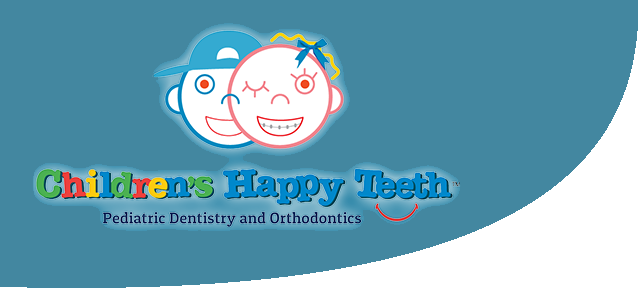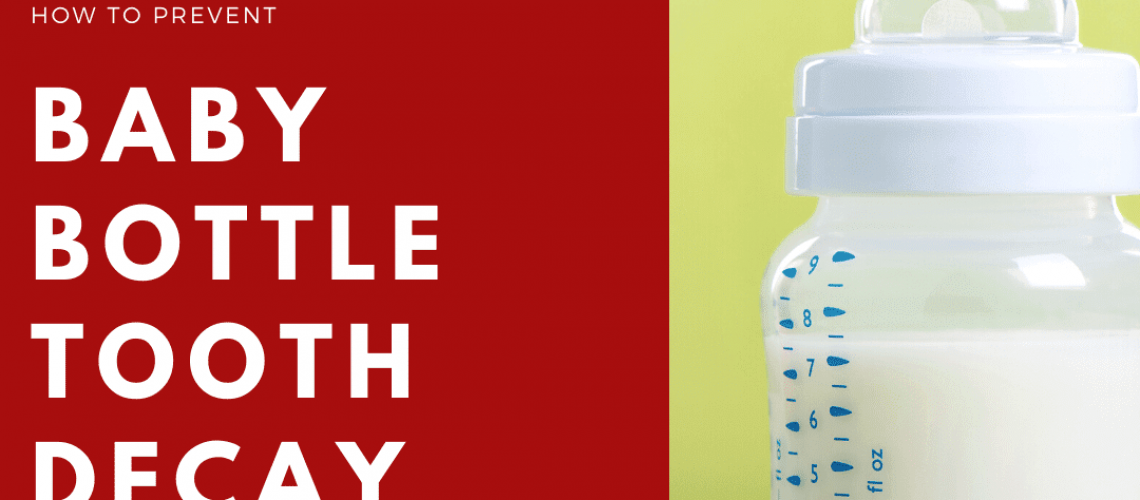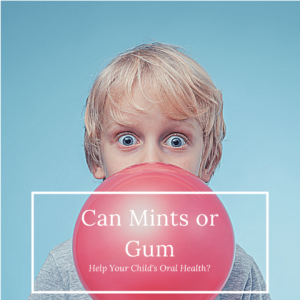Did you know that the most common chronic infectious disease of childhood is early childhood caries? When tooth decay occurs in babies or young toddlers, it is commonly known as baby bottle tooth decay. The name baby bottle decay was coined due to the fact that this type of decay is often caused by beverages found in bottles. Specifically, beverages with natural or artificial sugars including milk, formula, and fruit juices.
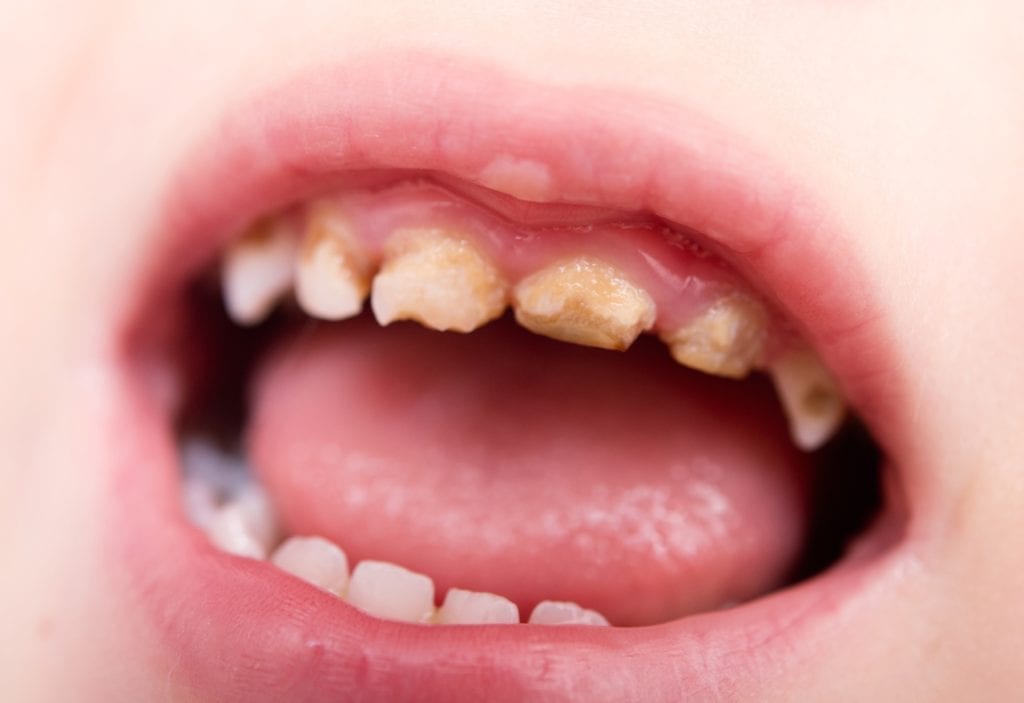
Unfortunately, the bacteria that cause tooth decay feed off of the sugars found in these beverages and then produce acids that attack the tooth enamel. Overtime, this allows areas of decay to form and spread. These beverages are especially problematic when given in a bottle during naptime because the front teeth often get submerged for long periods of time. This is why baby bottle tooth decay is most commonly found on the upper front teeth.
Although your child will eventually lose their baby teeth and replace them with permanent teeth, it is still important to care for your child’s baby teeth. This is because baby teeth act as placeholders for permanent teeth and if they are lost prematurely, this can cause problems when the permanent teeth start to erupt. Not only that, but baby teeth are also essential for chewing, speaking, and smiling. To maintain your child’s baby teeth and prevent baby bottle tooth decay, here’s a few things you can do:
Keep Their Gums Clean
Even before your child’s teeth have erupted, you can start practicing oral hygiene by wiping their gums with gauze pad or washcloth after each feeding. This helps to remove excess sugars left behind by milk or formula.
Brush Their Teeth
After your child’s first tooth has erupted, you will need to start brushing that tooth and any other teeth that start to erupt. It is recommended to brush their teeth using a grain of rice sized amount of fluoride toothpaste if your child is under the age of 3. From the ages of 3-6, you can increase this to a pea-sized amount.
Limit What Beverages Go Into Bottles
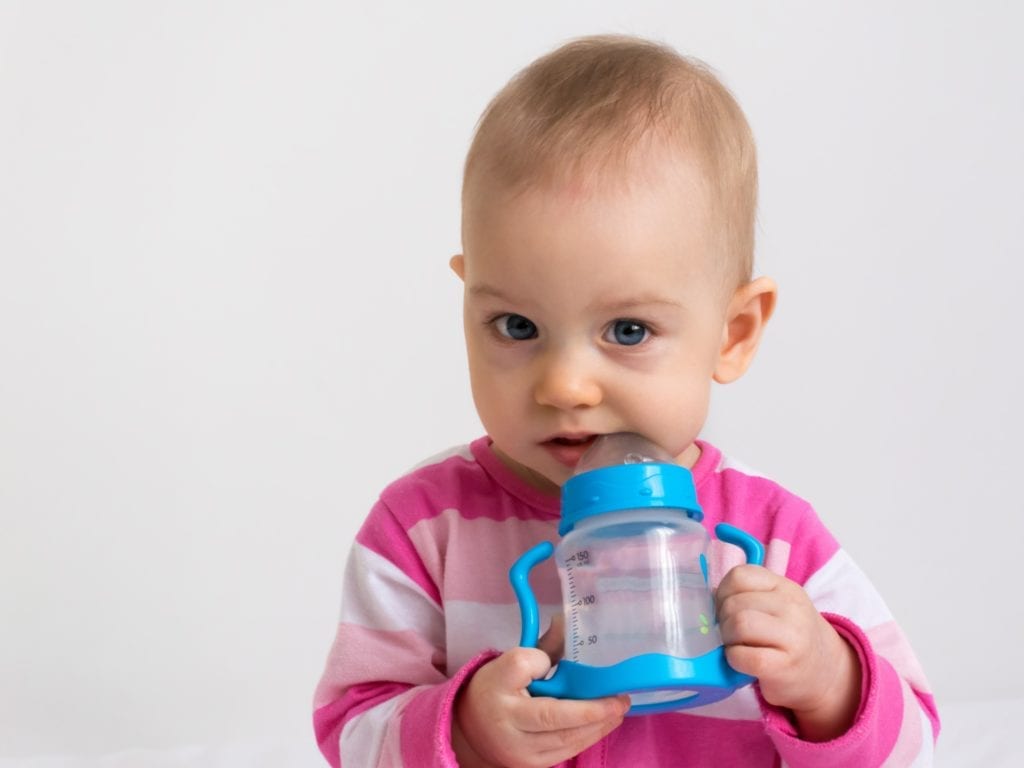
It is recommended to only use milk, formula, breast milk, or water in bottles and to avoid filling them with sugar water, fruit juices, or soft drinks. Ideally, it is recommended that children drink primarily milk and water in their early years. However, when serving fruit juice, you can dilute it with water.
Finish Their Bottle Before Bedtime
When you put your child down for a nap or for bed, make sure they have finished their bottle beforehand. If you have an infant who must have a bottle in order to sleep, then fill their bottle with water only to prevent sugary liquid from pooling around their teeth.
Avoid Excess Sugars
Some parents dip their child’s pacifier in honey in order to make it more appealing. However, this exposes your child’s teeth to additional sugars. Instead, provide your child with a clean pacifier. It is also recommended to limit the amount of sugar your child consumes by limiting sweets and sticky foods.
Teach Them to Drink From a Cup
By the time your child celebrates their first birthday, you can start to teach them to drink from a cup instead of their bottle. Drinking from a cup makes it less likely that liquids will pool around their teeth and cause tooth decay.
Schedule Regular Dental Exams
As soon as your child’s first tooth erupts, you should schedule their first dental appointment. After that, it is recommended to schedule a dental exam every six months so that your child’s dentist can monitor their oral health and administer preventative treatments.
